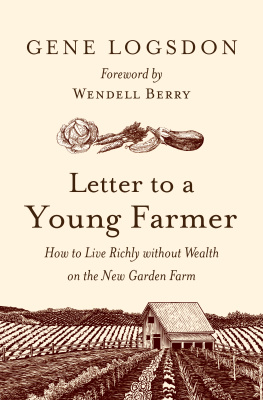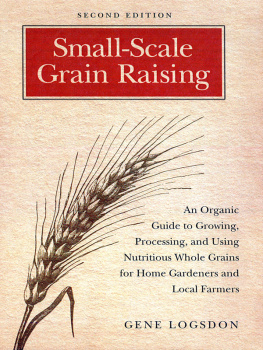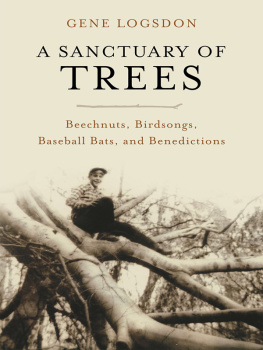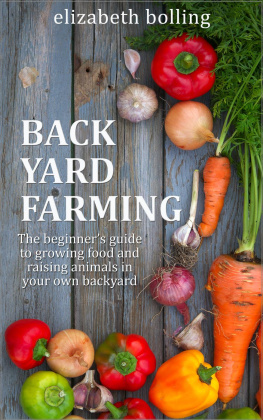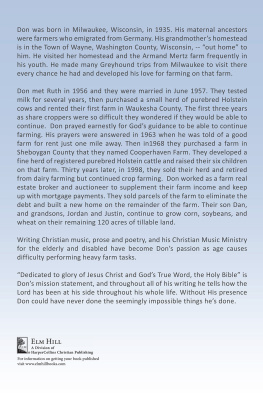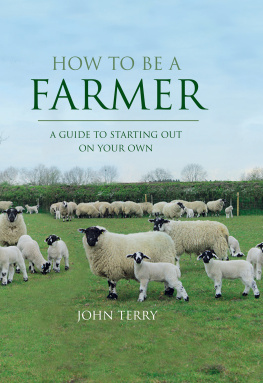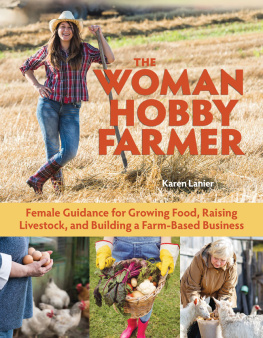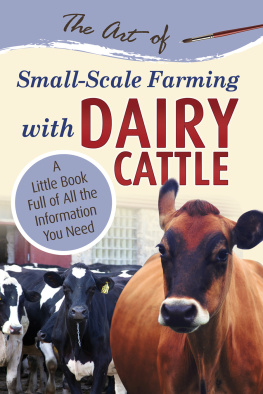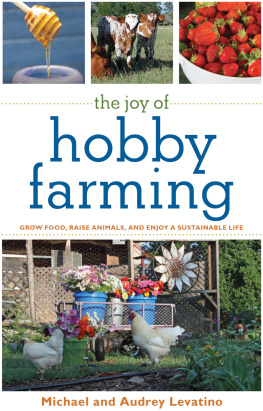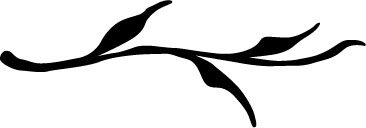Other Books by Gene Logsdon
Fiction:
Pope Mary and the Church of Almighty Good Food
The Last of the Husbandmen
The Lords of Folly
The Man Who Created Paradisea fable
Nonfiction:
Gene Everlasting
A Sanctuary of Trees
Holy Shit
Small-Scale Grain Raising
The Mother of All Arts
All Flesh Is Grass
The Pond Lovers
Good Spirits: A New Look at Ol Demon Alcohol
You Can Go Home Again
The Contrary Farmers Invitation to Gardening
Living at Natures Pace
The Contrary Farmer
The Low-Maintenance House
Money-Saving Secrets: A Treasury of Salvaging Bargaining Recycling & Scavenging
Gene Logsdons Practical Skills
Wildlife in the Garden
Organic Orcharding: A Grove of Trees to Live In
Getting Food from Water: A Guide to Backyard Aquaculture
Trees for the Yard, Orchard, and Woodlot
The Gardeners Guide to Better Soil
Successful Berry Growing
Homesteading: How to Find New Independence on the Land
Two-Acre Eden
Wyeth People: A Portrait of Andrew Wyeth as Seen by His Friends and Neighbors
Copyright 2017 by The Estate of Gene Logsdon.
All rights reserved.
No part of this book may be transmitted or reproduced in any form by any means without permission in writing from the publisher.
Cover illustrations by Vladimir Yudin / 123RF Stock Photo ( top ) and istock.com/blue67sign ( bottom )
Project Manager: Alexander Bullett
Project Editor: Benjamin Watson
Copy Editor: Angela Boyle
Proofreader: Helen Walden
Designer: Melissa Jacobson
Page Composition: Abrah Griggs
Printed in the United States of America.
First printing February, 2017.
10 9 8 7 6 5 4 3 2 1 17 18 19 20 21
Our Commitment to Green Publishing
Chelsea Green sees publishing as a tool for cultural change and ecological stewardship. We strive to align our book manufacturing practices with our editorial mission and to reduce the impact of our business enterprise in the environment. We print our books and catalogs on chlorine-free recycled paper, using vegetable-based inks whenever possible. This book may cost slightly more because it was printed on paper that contains recycled fiber, and we hope youll agree that its worth it. Chelsea Green is a member of the Green Press Initiative ( www.greenpressinitiative.org ), a nonprofit coalition of publishers, manufacturers, and authors working to protect the worlds endangered forests and conserve natural resources. Letter to a Young Farmer was printed on paper supplied by Thomson-Shore that contains 100% postconsumer recycled fiber.
Library of Congress Cataloging-in-Publication Data
Names: Logsdon, Gene, author.
Title: Letter to a young farmer : how to live richly without wealth on the
new garden farm / Gene Logsdon.
Other titles: How to live richly without wealth on the new garden farm
Description: White River Junction, Vermont : Chelsea Green Publishing, [2017]
Identifiers: LCCN 2016050357| ISBN 9781603587259 (hardcover) | ISBN
9781603587266 (ebook)
Subjects: LCSH: Agriculture--United States--Anecdotes. | Farm life--United States--Anecdotes.
Classification: LCC S521.5.A2 L64 2017 | DDC 338.10973--dc23
LC record available at https://lccn.loc.gov/2016050357
Chelsea Green Publishing
85 North Main Street, Suite 120
White River Junction, VT 05001
(802) 295-6300
www.chelseagreen.com
In honor of my friends,
Wendell Berry, Wes Jackson, David Kline, and Maury Telleen,
whose words and actions have so much influenced
the blossoming of the garden farm.
In the future, most farms will be just very big gardens.
Robert Rodale ,
at the time publisher of Rodale Press and editor-in-chief of Organic Gardening and Farming magazine, talking with the author in 1978
Contents
FOREWORD
Letter to a Young Farmer is Gene Logsdons valedictory statement, written during what he knew was his final illness, finished at virtually the last minute of his working life. To his friends and devoted readers, those circumstances alone would make this a remarkable book and, moreover, a triumph in keeping with his character.
But this book is as variously remarkable as Gene himself was. By inheritance and conviction he was a holdout, an agrarian. He was, to use one of his favorite terms, a contrary farmer. By that name he distinguished himself and others of like mind from virtually all the kinds of modern ambition and success. The only diploma I have on my wall is a printed certificate naming me a member of The Contrary Farmers of America. It is signed by Gene.
What are contrary farmers contrary to? By the testimony of this book, they are contrary to getting big at any cost, to buying everything new and expensive that is recommended by experts, to dissolute economic and social behavior, to the fanatical pursuit of more and better, and to farming as territorial aggression or surface mining. This is a contrariness that has no doubt of its proper Earthly place or of the validity of its cultural tradition.
Among the ranks of the liberals and conservatives, you will find no contrary farmers hot-eyed and chanting slogans. Contrary farmers at times have had political representation. Some have at times been politicians. But this book is unlikely to be read at present, much less quoted, by any candidate for national office. Contrary farmers now are represented by no party. But they are a partyor a party of sortsto the extent that a good many of them still exist, are likely to recognize one another, have much to say to one another, and by nature or second nature are resistant to sales talk and expert advice.
And so, perfectly in keeping with the character of its author, this is a radical book. It is quietly, bravely, intelligently, amiably, and gleefully radical, intended, as Gene wrote in the Preface,
as fingers-crossed recognition of the decline of the Industrial Revolution, at least as it relates to farming, and the rise of a new decentralized agriculture based on home economy, not the so-called cheap food economy.... I mean to celebrate the rise of the smaller-scale, bio-intensive, environmentally friendly garden farm, a place where food quantity and food quality merge to bring about food sufficiency guaranteed by human self-sufficiency.
Gene is proposing, in short, to replace get big or get out, the conservative slogan of Secretary of Agriculture Ezra Taft Benson in the 1950s, with another slogan that is truly conservative and far more democratic: get small and stay in. Beyond that, the opportunity for contrariness becomes pretty scarce.
This is also an eminently generous book, conceived and understood as part of the long conversation about farming, which has no beginning that we know and no end that we can foresee. In it an old farmer is talking to a young farmer, who will become an old farmer talking to a young farmer. This conversation is not just an interesting artifact or a good idea. It obeys the law of human culture, on which the life of the Earth depends, as it depends on the laws of nature.

